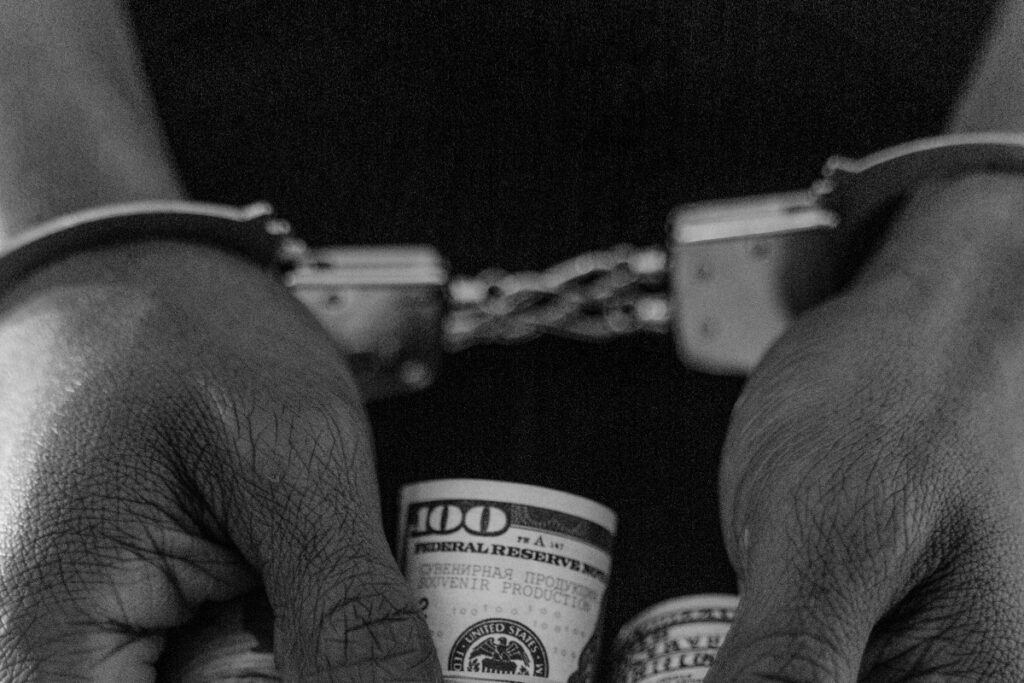Behavior modification can often help individuals overcome their behavioral patterns’ negative effects. By using this practice, you can break the cycle of addiction. You can progress in your journey by training yourself to function at your best.
Exploring the science behind behavior modification is very useful. It can help you better understand how this approach can support your recovery.
What Is Behavior Modification?
Behavior modification is a therapeutic approach that is utilized to help individuals overcome negative behavior patterns and establish healthy habits. This approach is often used in the treatment of addiction and substance use disorders (SUD). It is also used to help people who struggle with other behavioral health issues.
Through operant conditioning, behavior modification can help you change your behaviors. This can help you meet your desired outcomes through your recovery journey. The main goal of behavior modification is to change harmful or undesirable behaviors through positive reinforcement and consequences.
What Is Operant Conditioning?
Operant conditioning is a psychological theory. It explains how behavior can be changed through the use of positive reinforcement and consequences.
The theory states that behavior can be influenced by the consequences that follow it, whether positive or negative. In the context of behavior modification, positive reinforcement is used to encourage the desired behavior. Additionally, negative consequences are used to discourage harmful behavior.
By utilizing this practice, you are simply training your mind and body. It is similar to training a pet or a child. You inflict punishment or rewards depending on the behaviors that are elicited. In this way, you condition your mind away from desiring substances. You also condition your mind and body to find pleasure and reward from engaging in healthy habits and rituals.
Principles of Behavior Modification
Behavior modification uses various principles involved with operant conditioning. Each of these principles can help alleviate a negative habit and reinforce behaviors that are positively influencing your sobriety.
#1. Positive Reinforcement
By reinforcing the positive behaviors you engage in, you are rewarding yourself for the action. Positive reinforcement is a reward or incentive that encourages a person to continue a specific behavior. This can be anything from verbal praise to tangible rewards like money or treats. You may choose to implement rewarding factors as you reach certain milestones within your recovery.
#2. Negative Reinforcement
Negative reinforcement involves taking action to remove or prevent a negative consequence or unpleasant experience. For example, you may choose to drink to avoid feelings of anxiety in social situations. While this eliminates one problem, it adds problems in the long term.
In recovery, negative reinforcement can be dangerous when someone replaces one undesired behavior with another. This tendency is important to watch out for. After all, it is important to ensure forms of negative reinforcement are not hindering your recovery success.
#3. Punishment
Punishment involves applying a negative consequence in response to undesired behavior. For example, if a client uses drugs, the punishment could be a fine or imprisonment.
There are likely many natural consequences that come along with using substances. Encountering these consequences can be used as motivation for recovery.
Additionally, people in recovery can impose their own forms of punishment for behavior modification. For example, they might avoid certain privileges if they have not been meeting their goals.
#4. Extinction
Extinction occurs when a behavior no longer leads to reinforcement. For example, if a client’s drug use is no longer reinforced with social attention or financial support, the behavior will eventually stop. We hope you can reach this point with substance use as you escape your bad habits.
How Does Behavior Modification Work?
Behavior modification works by altering the consequences of behavior. For example, a therapist may use positive reinforcement to encourage desired behaviors. They may also use negative consequences to discourage harmful behavior if this is effective for the client.
The therapist will likely start by identifying target behaviors and setting goals with you. This could be anything from reducing drug use to increasing physical activity or implementing other healthy habits.
Next, the therapist will work with you to develop a plan for reinforcing desired behaviors and using consequences for harmful behaviors. This plan may involve setting up a rewards system, implementing a punishment system, or using other techniques such as extinction or negative reinforcement.
Benefits of Behavior Modification
Behavior modification is a valuable tool for individuals seeking to overcome negative thoughts and behavior patterns. It can also help them develop healthy habits that support their recovery.
Here are some of the benefits that you may find through this approach:
Increased Self-Awareness
Behavior modification requires clients to reflect on their actions and the consequences that follow them. This can help increase self-awareness, which is essential for making lasting behavioral changes.
Improved Self-Esteem
Positive reinforcement and the development of healthy habits can improve a person’s self-esteem and overall sense of well-being.
Better Decision Making
By learning to recognize the negative consequences of harmful behavior, clients can make better decisions in the future.
Increased Accountability
Behavior modification often involves setting goals and tracking progress. This increased accountability can help clients stay motivated and on track with their recovery.
Behavior modification is a unique approach to overcoming the effects of addiction. Learn how behavior modification can assist you in recovering from substance use disorder. By using operant conditioning techniques such as positive reinforcement, negative reinforcement, punishment, and extinction, you can establish new behavioral habits that assist you in your sobriety maintenance. It can be difficult to change your behaviors, as they often are actions that occur within the subconscious mind. However, you can overcome these subconscious cycles by using behavior modification and working toward your best self. To learn more about behavior modification and how it may benefit your recovery journey, reach out to Dream Recovery today at (657) 216-7218.

